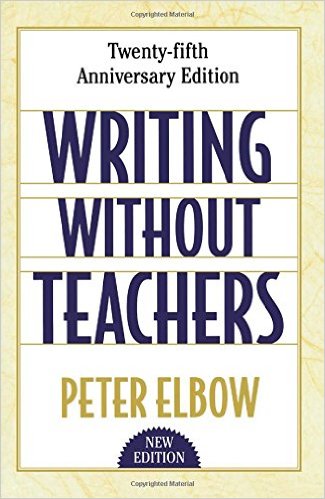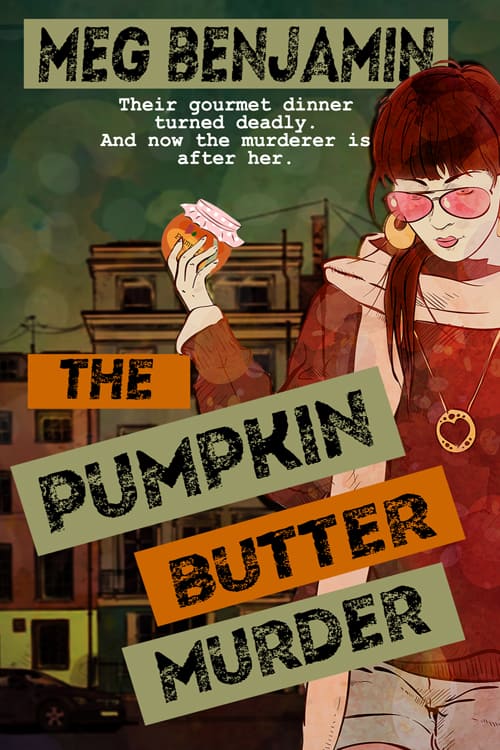Forget Perfect
 Peter Elbow was one of the leaders in revising the way we teach writing during the seventies and eighties. His books Writing Without Teachers and Writing With Power were beloved by teachers and students alike for their multitude of ideas about getting the whole writing process going. Back in the days when I taught Freshman Composition, I used Elbow’s writing heuristics to get my students over their worries about having nothing to say or not knowing how to say what they wanted to.
Peter Elbow was one of the leaders in revising the way we teach writing during the seventies and eighties. His books Writing Without Teachers and Writing With Power were beloved by teachers and students alike for their multitude of ideas about getting the whole writing process going. Back in the days when I taught Freshman Composition, I used Elbow’s writing heuristics to get my students over their worries about having nothing to say or not knowing how to say what they wanted to.
But to me, the most valuable thing Elbow proclaimed was the need to get rid of the perfect. In his studies of writing among students, Elbow took a long hard look at writers block. He suggested that one sure way to become blocked was to expect your first draft to be perfect, or even to expect it to be very good. First drafts are just that: the first version. There will be (and should be) several versions after that. Get rid of your expectations of perfection, and get to work.
I thought of this the other day when I was closing in on the end of my Work In Progress (WIP). Because I wanted to quit. All of a sudden, I became convinced that what I’d written—all sixty thousand plus words of it—was crap. And though I could see the end, I wasn’t sure it was worth pursuing. The thing is, though, I often feel this way about something I’m working on. And as a result, I often feel like just chucking it in. But for the most part I don’t. I know it’s a temporary feeling, and that I’ll change my mind once I start working the manuscript over. Moreover, my work ethic won’t let me throw something away unless I absolutely have to.
I’m guessing most writers feel this way at some time or another. Part of it is that your WIP is always better in your head than it is on the page. You come up with all these clever turns of phrase and interesting plot twists, but when it comes time to write them down, there’s nothing clever about them. And what had seemed so exciting in your head now seems like pure drudgery.
But that’s where Peter Elbow comes in. Forget perfect. Just get it down. It isn’t like you have to have a perfectly written draft this time. You just need a written draft, period. Like Nora Roberts says, “I can always fix a bad page. I can’t fix a blank one.”
Whatever problems you may find (and usually you find quite a few), you can solve them once you’re finished. Multiple drafts mean multiple chances to get it right. And if you just give yourself time and space you can do it. We all can.
Posted in Blog • Tags: On Writing, Peter Elbow, revising, romance writing, writer's block, writers, writing | Be The First To Reply!






